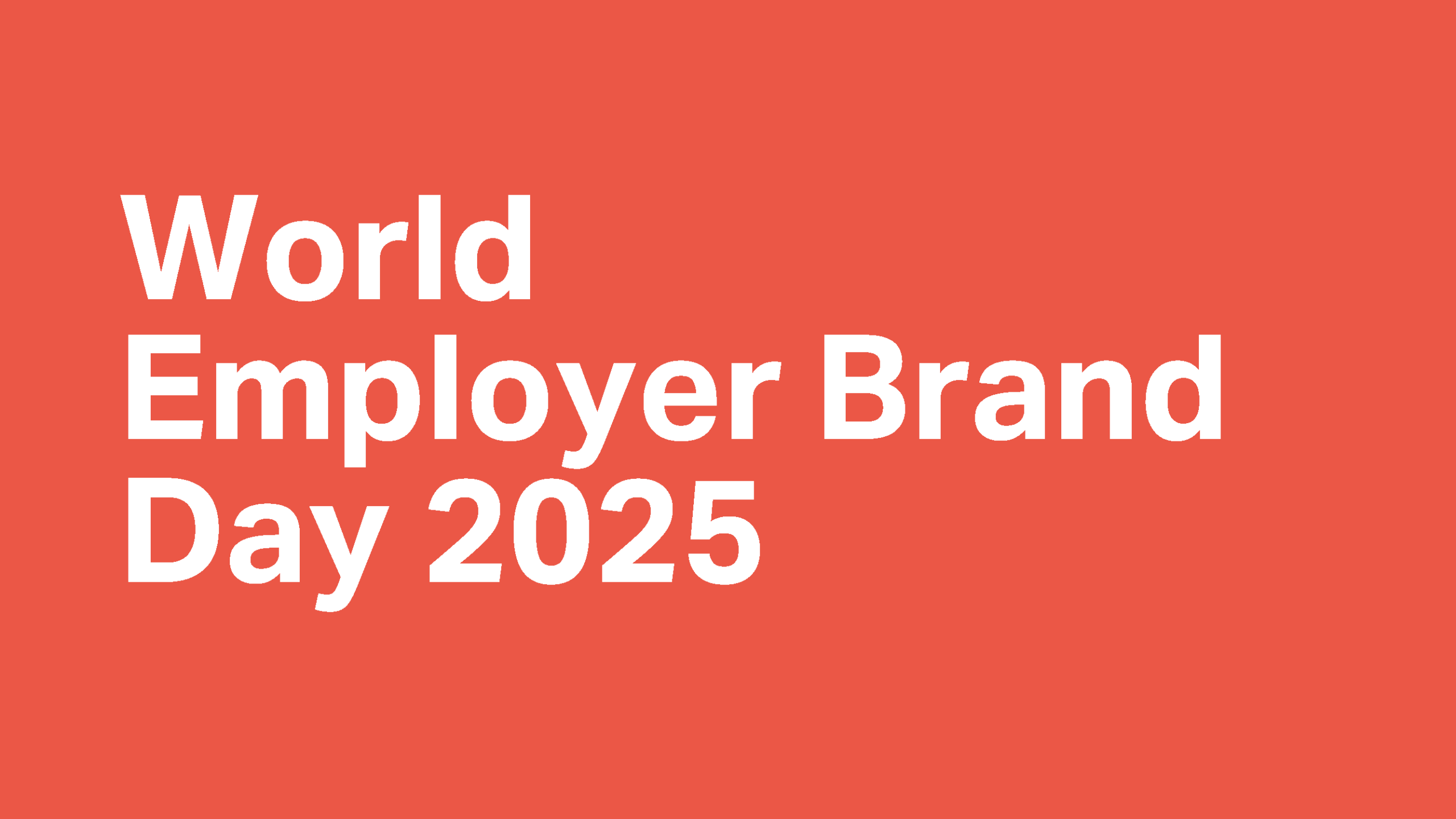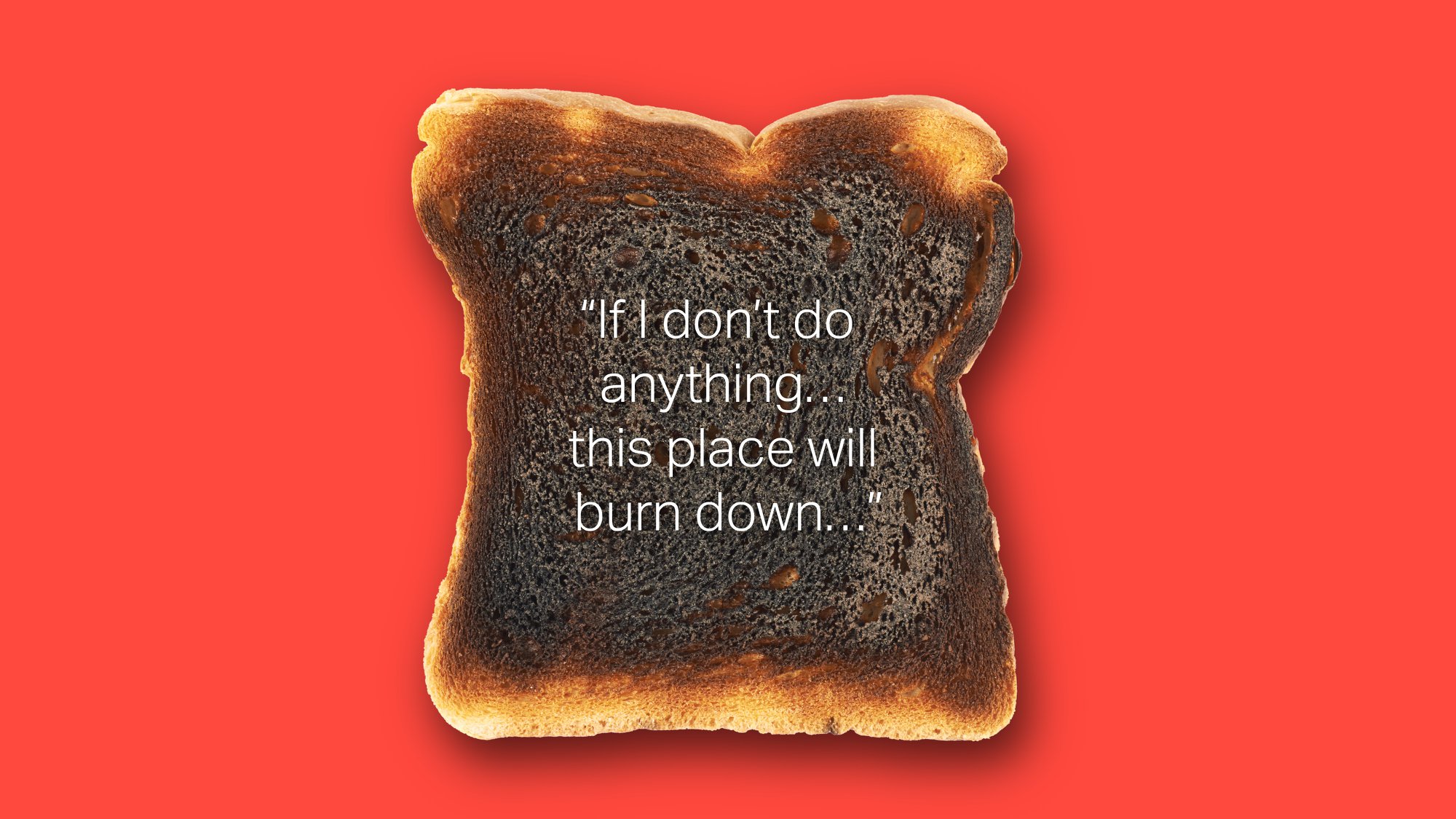Engaging Gen Z employees in the workplace

Gen Z doesn’t want to work! It’s a problem that has long been lamented by Gen X, boomers and now even millennials. They don’t dress right, they take too many sick days, and they don’t answer work calls or emails outside of working hours. They JUST don’t want to work. Or do they? The issue is engagement.
This rising tension between generations throughout workplaces is not an easy issue to solve. Some bold CEO’s claim that they refuse to even hire Gen Z – an increasingly harder feat to pull off now that they make up 27% of the working population. It’s an issue that must be worked through to stop the constant noise and frustration for everyone and put an end to hostilities.
Why is it so difficult?
The root causes: Economic, social, and workplace instability for Gen Z
Let’s start with some context for those wishing to communicate with Gen Z.
It’s true that research shows that, increasingly, Gen Z are clocking out. A 2024 survey showcases that 83% of Gen Z are experiencing burnout at work and that 71% are considering quitting due to negative coworker interactions.
Whilst these numbers are shocking and particularly heightened compared to previous generations, the tough economic conditions brought on by COVID and stagnation in wages, as well as political and social insecurity, all converge to make a very unstable and undesirable environment for any human being entering the workforce. This isn’t just a Gen Z issue, but Gen Z are entering the workforce with no previous experience.
Factors like this explain the disconnect, and perhaps even the perceived unprofessionalism, in many Gen Z employees. Their lack of engagement is a direct result of mass uncertainty not only about the workplace but, essentially, the world.
What’s more is that this pessimism seems to be so widespread that most Gen Z don’t know how to be any other way. It brings us to ask what employers can do in the face of a world full of problems? Managers cannot magically fix the economy or bring peace to the world, but perhaps they can make working environments more adaptable.
Educate the generations and bridge the Engagement Gap

The Team’s senior employer brand consultant, Kuba Trzcinski, envisions a picture where Gen Z are as engaged as previous generations were.
It's important for companies to really understand the latest Gen Z behaviours online, not just in the context of work, but how they consume content, what their attention spans are like, their search behaviours and so forth.
This, Kuba says, can allow employers to understand how working patterns develop in younger employees and help them bridge the gap between managers and their team.
For example, how many Gen Xers use TikTok as their primary platform for research?
One-third of Gen Z now use the platform for career advice. Likely, most Gen X and millennials would happily accept a Google page being open as a sign of ‘research’, but a TikTok page would just be seen as frivolous fun. Put aside the quality of the content on either platform for a moment. What matters is the inference we take from how Gen Z are using the platform, i.e. we think they’re wasting time!
How to attract and retain Gen Z employees
Kuba recommends that companies should focus on “stickiness and virality” in their content when attempting to bring in Gen Z. It supports the idea that by understanding the world Gen Z live in and their reality, being on the same page, companies can expect a much more engaged demographic of employees.
Furthermore, this style of communication needs to be kept up once onboarding is completed.
Once a certain style and tone have been created, it needs to be maintained in internal comms, otherwise it may leave Gen Z feeling caught out. If they enter a business thinking they are understood and can communicate in a way they feel comfortable, and then when they join the company, this completely switches, it will, of course, leave a bad taste. Consistency builds certainty, which in turn builds engagement in the workplace. It can be argued that this would be very important to a generation with very little experience of stability in their adult lives.
Breaking the 9 to 5
We’ve long talked about the structures we place around work and how fit for purpose they are. The regimented structures we still have in place were borne out of the industrialisation of work over a hundred years ago. With the advent of factories, Victorians needed workers to be in the right place at the right time, producing the right amount of widgets at the right pace.
And so, the Monday to Saturday, 6 am – 6 pm (or longer) work week was born. Sundays were free for Church, with the afternoon aside for some form of recreation (helpfully filled by wealthy businessmen creating Association Football so that workers could hand back their hard-earned cash via the turnstiles.)
But that was a different age.
Though COVID was tragic and disruptive, lockdowns gave workers and businesses a chance to rethink the norm. Why were we working from 9-5 in mega hub offices? As The Team’s Cliff Ettridge says, “We live in the age of knowledge work, and that is only going to accelerate in the age of AI is it picks up the repeatable tasks and focuses people on more problem solving. Knowledge work doesn’t happen on demand. It can happen at any time and in any place and employers need to ask themselves how they can design for this. I think with Gen Z we have an opportunity to break the 9-5 cycle and focus more on outcomes. We've talked about it. It’s time to do it.”
Rule-breaking as a positive
Maybe we should look at how we love as a prime example of breaking the traditional expectations and institutions. As the New York Post recently reported, 1 in 4 men are changing how they date, being far more open in showing their feelings, and just 23% of women are focused on marriage as a goal. Despite their apparent lack of engagement, they are still looking for love, security, and stability, but the structures are changing.
As Cliff says, “Rather than seek to suppress these differences, the question should be how can we harness them to create improvements in the way we work?”

Let them be butterflies
There is a model used by some businesses to track customer loyalty and value. Barnacles and Butterflies explores how some customers are barnacles, spending little cash for high cost, while others are butterflies, spending freely but quick to switch brand loyalty. In the workplace, Gen Z are butterflies.
According to research cited in Fortune Magazine, Gen Z are butterflies job hopping their way through careers, making long term engagement a challenge for employers. Staffbase estimated that Gen Z are likely to make 10 job changes in as many years. Put simply, they are here for the short-term.
As employee engagement consultant Jen Robinson says, “We know that Gen Z want meaningful work, and we know that they say they’d leave a job if it didn’t make them happy. Employers are not about to change that, so the best thing to do is to get Gen Z focused on short-term achievements rather than long-term career building. Focus them on learning new skills fast and ticking off purposeful experiences. That is more likely to engage them.”
This is not to say that security doesn’t matter. In fact, Fin Tech News reports that financial security is more important than anything else to Gen Z. They recognise that money needs to work for them – so don’t take them for granted. Employers need to make sure that they are offering meaningful valuable rewards alongside fast-track skill development.
Final thoughts
Offering certainty and a sense of stability in such a chaotic world could be the key to truly engaging Gen Z employees and building a flourishing team from the ground up. It must also be considered that Gen Z could find purpose and fulfilment in actually investing in something and shaking off the generational norm of pessimism, perhaps in a rather cliché way, it would be much cooler to care.
Both sides of the debate must work together and see that, despite all factors, the only way to actually create a healthy and enjoyable working environment is by meeting in the middle. Yes, there is an argument to be made for making serious changes in the workplace, but young people must understand the differences in the world they are coming into. Ultimately, lacking engagement in your work and your life is a miserable cycle and finding purpose, stability and a modicum of certainty is key to breaking this can only be offered by senior staff members (we’re looking to you, Gen X) who ‘get’ it.




